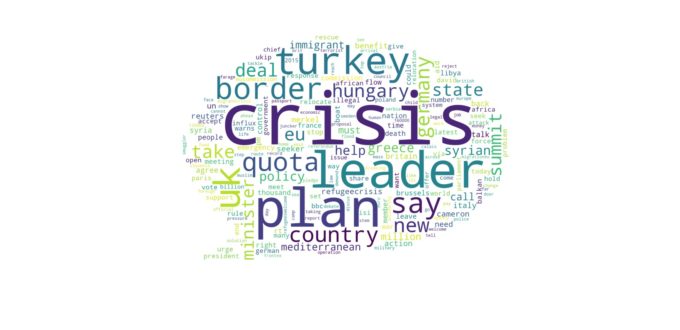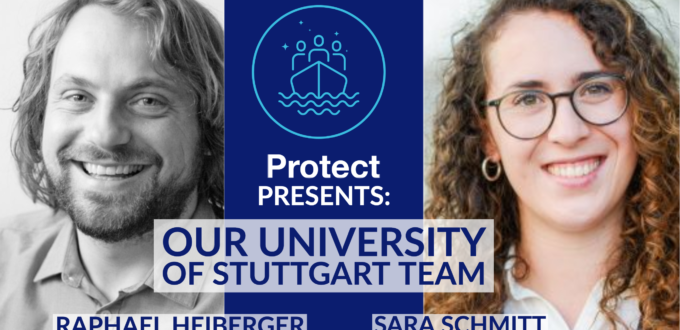Opinions of policy actors on migration and refugee policy are increasingly polarized due to the various economic and migrant “crises”. Especially in the current context of these crises, governments have to engage increasingly more in information-spreading activity to persuade their citizens to support their international commitment to protect refugees. Micro-blogging platforms like Facebook, Twitter, Reddit, and YouTube, which are not subject to strict fact-checks and 4 editor-scrutiny like conventional media, empower policy actors without the necessary resources for expensive media campaigns and with non-mainstream political preferences.
How do we talk about migration and asylum issues on social media?
In social sciences, analysis of media topics is used as a way to identify important political and social issues that circulate in media. Gatekeepers in traditional media like newspapers and television can both emphasize or omit certain aspects, and thus frame issues. In so doing, they actively shape the discourse of a topic to fit […]
PROTECT partner presentations: The University of Stuttgart
Two researchers from the Institute for Social Science at the University of Stuttgart, Germany are part of the international PROTECT consortium: Tenure-track Professor, Raphael Heiko Heiberger, and Research Assistant, Sara Schmitt. By applying their knowledge of computational methods, the Stuttgart team will contribute to analyzing how global media discourses on refugee protection and citizens’ attitudes towards the Global Compacts’ burden- and responsibility-sharing aspects shape political decision making.



